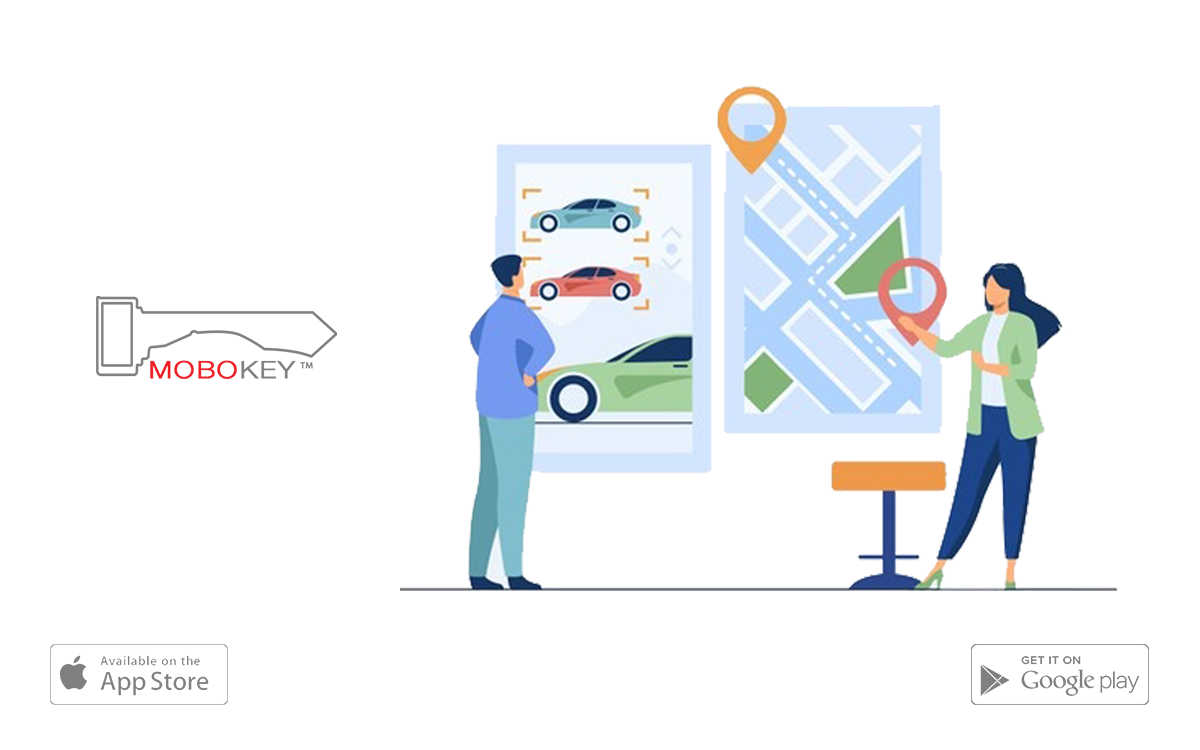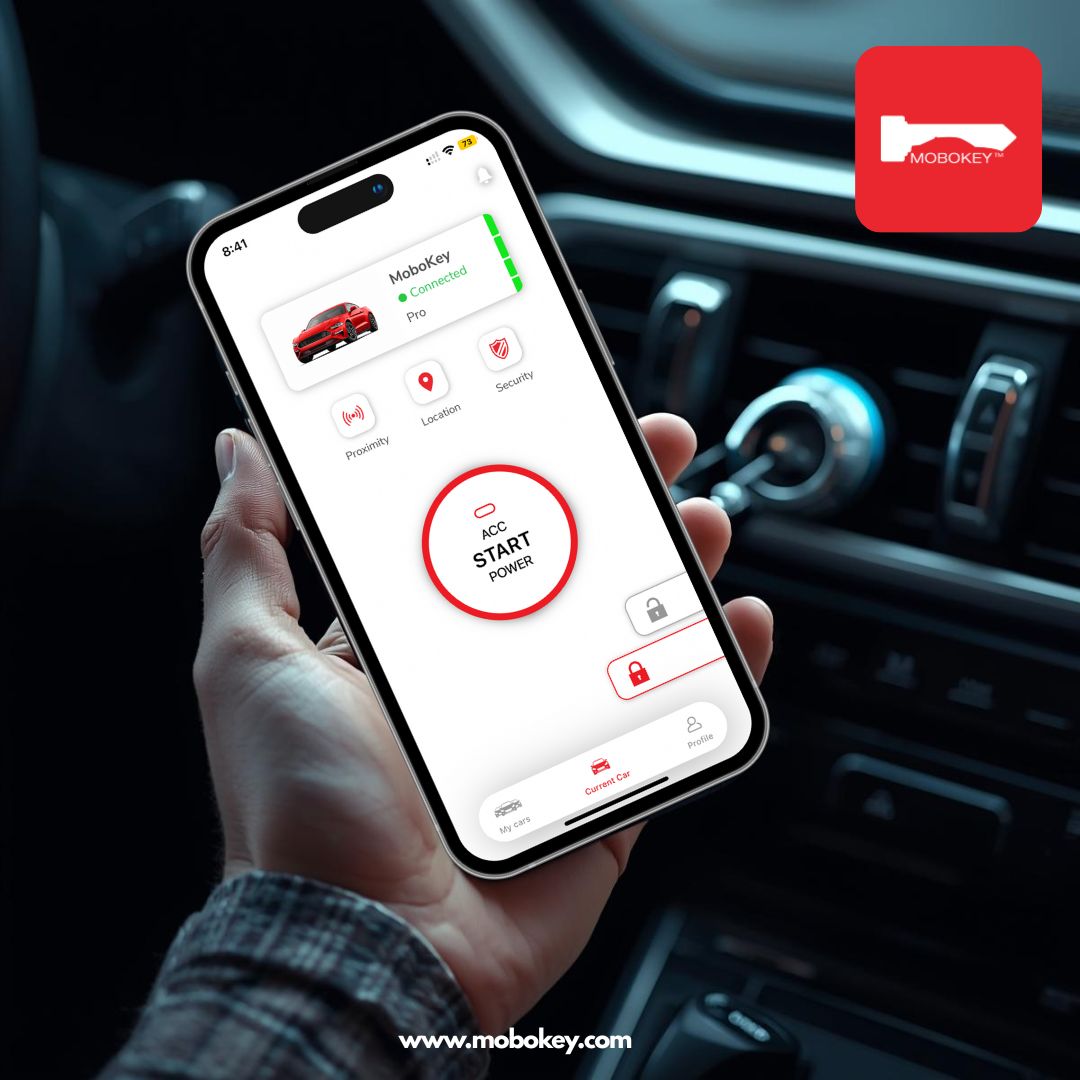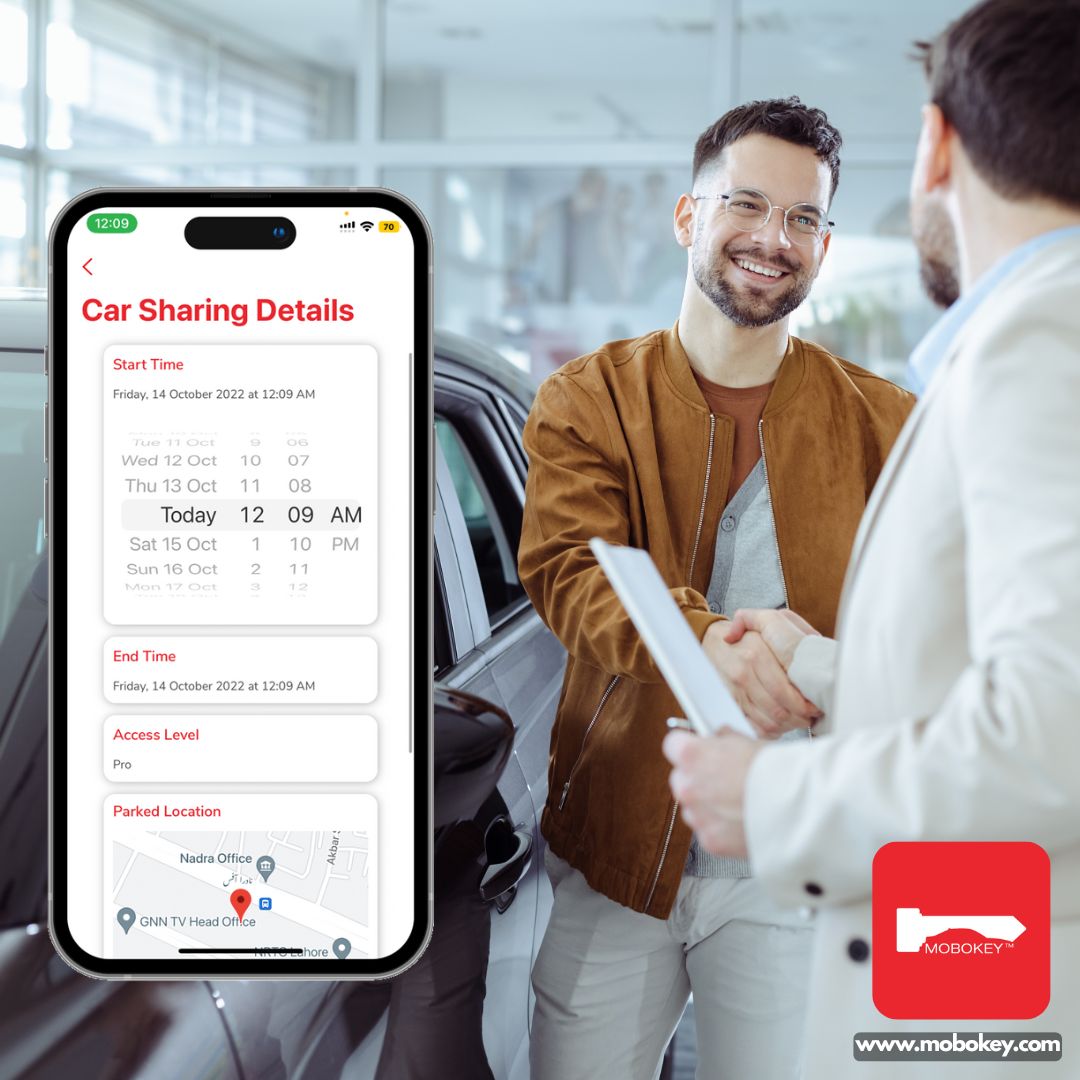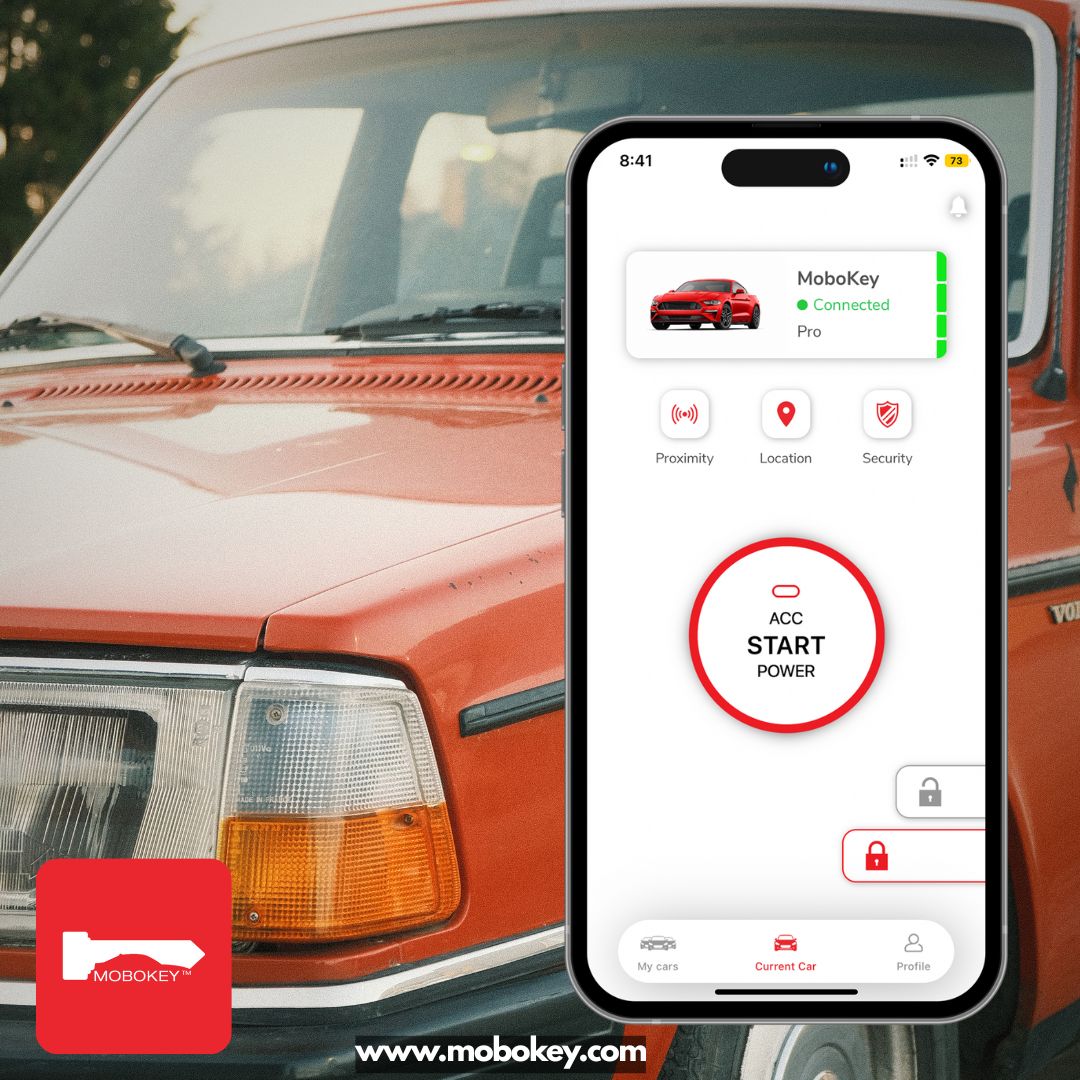Nielson(American information, data, and market measurement firm) published an interesting insight into the technology driving innovation. The report suggested a lot of interesting points. But for us, the most interesting was the willingness of the millennials to share the vehicles. Goldman Sachs also mentioned their results in their report where they segregated their research. They were able to provide an interesting infographic as well.
Why are the millennials into sharing vehicles and real estate?
To take a deeper look at how the millennials are responding to sharing, we need to understand why are they not buying cars at all. The car manufacturing industry is not happy with the millennials. Lance Eliot in Forbes put some research on this topic and came up with an interesting outtake.
Student Loans:
The most obvious one is the change in mindset that came from the fact that this generation is already crumbling under student loans. It has become quite difficult for them to buy a vehicle or real estate.
A depreciating asset:
Even if they have the money, they saw what happened in the most recent recession and are afraid about letting their savings go toward a vehicle.
The millennial mindset:
If the above-mentioned reasons were not enough, the millennials think of driving as a chore. Because of the mechanical parts, they are wary of it. Moreover, the increased traffic has increased their willingness to share a vehicle.
Goldman Sachs and their review on the millennials’ willingness of vehicle sharing

The willingness of millennial to share the vehicle – Global
As per the report from Goldman Sachs:
Ridesharing may be a mixed blessing for the auto industry. The majority of vehicles worldwide are used only to commute or for short trips during the day, leaving them idle 95% of the time. If drivers decide to forgo ownership and access cars only when they need them, car sales may be hurt.
Connected cars—especially self-driving ones—could also change the way people use their drive time. In a 2013 survey, more than 50% of respondents said they would prefer to listen to music, talk on the phone, watch videos or browse the Internet while traveling by car.
By 2025, many developing nations will reach that level for the first time, creating a large demand for smaller cars with lower prices and lower operating costs. India, for example, will become the world’s third-largest car market by 2025, with 7.4 million vehicles. China, which has already experienced a boom in car ownership, will continue to grow, with car-sharing expected to become more popular.
The most interesting takeaways from the Connected Cars Consortium was the distribution of the companies. That basically depicted the market share of the Car Sharing markets. It was evident that China and North America are leading the way when it comes to vehicle sharing.
References:
Here is the link to take a look at the infographic that gives a closer look at it. You can also take a look at the post from Forbes here.
You can start your car with a smartphone app now before it becomes common for everyone. Try out MoboKey now: Download your Mobokey application here: Go to Play Store or App Store!
Get more info about MoboKey: An App which is your Smartphone Car Key
Connect your car now. Order here!





